Story Movie
The year is 1457, during the Ming Dynasty, power is being taken over by cruel and devious eunuchs. One of them, Zhao, seeks the execution of General Yu and orders the destruction of all his heirs, but they are exiled to a remote border post called "Dragon Gate". Zhao is not going to stop halfway and sends a squad of assassins to a tavern through which the escort is sure to pass. But wandering warriors wander in, who will stand up with their chests in defense of the innocent.
Review 4K Movie
The middle of the fifteenth century, the heyday of the Ming dynasty. Classical medieval China. Barbarians threaten the borders, weak emperors are replaced by eunuchs who are constantly fighting for power, harsh jingwei terrify the population, periodically eliminating enemies of the court in sophisticated ways, and brave warriors roam the roads of the Middle Kingdom, their search for justice taking them to the Western Desert or some wild forest. It is in such an unfriendly place that most of the stories of the wuxia genre take place. King Hu's film The Dragon Gate Inn brings together all these clichés, although it would be more accurate to say that it was Hu who set the trend for them. Of course, the history of the genre has its roots in classic novels written back in the Middle Ages, and Hu was not the first in cinema—wuxia films have been made in China since the 1920s. But it was he who earned the laurels of the man who took the genre to a new level.
The story that takes place in Dragon Inn is not particularly complex. There is a good official who faithfully serves the emperor. There is his enemy, an evil eunuch who informs on the official and has him executed. There are the official's children, forced into exile in the distant western desert. There are the executed man's loyal friends, who accompany his children. There are the evil jingwei with their cunning commander, sent by the eunuch to pursue the exiles. There is a wandering warrior, as righteous as Mencius himself and as cheerful as Li Bo. There is Hu's favorite character type - a female warrior, and a couple of lesser swordsmen. All these characters gather at the Dragon Gate tavern, standing alone in the middle of a rocky desert. In the first half of the film, they size each other up, the “good guys” band together against the jingwei, and the action begins.
Let's be honest, most wuxia films are not known for their complex and interesting plots or well-developed characters. Dragon Inn is no exception. There is obvious intrigue, one-dimensional “heroes” and “villains,” and dialogue like something out of a book from the 1700s. But this is not a disadvantage. At least, not for fans of the genre. Modern wuxia has grown considerably in this regard, but back then, in the late 1960s, the genre had different canons. And only by realizing and accepting this is it worth watching King Hu. Only then can you enjoy the “main course” — the action. “Dragon Inn” is a film about people who love and know how to wield a sword.
Although the characters' flights and jumps are far from real fencing, that is precisely what makes them so charming. In the then-fashionable Japanese genre of chambara, the fights were realistic, spectacular, and much more violent. Hu's first film, Drink with Me, was more reminiscent of a samurai action movie: a quick fight, a final blow, a pause with a close-up of the pierced opponent. In “Dragon Inn,” the director found a different, more original and “Chinese” source of inspiration: Beijing opera. Here, the duel is more theatrical, more choreographed. Graceful, slow sword movements, long pauses between strikes, accompanied by an exchange of barbs, minimal violence—killings often remain off-screen. And, of course, there are flights. The characters still do not jump on walls, as they will in Hu's next film, “Kassani Zen,” but they already know how to fly at each other, holding their weapons forward. It must be admitted, however, that in the 1960s this looked more strange than impressive. The creators of Dragon Inn did not have the technology of Crouching Tiger, Hidden Dragon, nor did they have much experience in staging such scenes. But the mistakes were taken into account—in subsequent films, “flying kung fu” looks much better.
In addition to the skillfully staged fights and the “classic” script, there is one more thing in “Dragon Inn” that makes it not just a theatrical performance about people fighting in funny robes, but a quality film that you want to watch again and again. This is the atmosphere of wuxia, superbly created by the director, cinematographer, and costume and set designers. A lonely tavern in the middle of the Western Desert, where travelers from all corners of the Celestial Empire gather, is the very place where the colors of medieval China shine brightest. It is no coincidence that the film has already undergone two remakes and became the subject of Tsai Ming-liang's Goodbye, Dragon Inn.
Hu's “Tavern” managed to change or even recreate a genre that has probably become the “most Chinese” in the eyes of Western audiences. But it also has a special meaning for the Chinese. The director of the most famous wuxia film, Taiwanese Oscar winner Ang Lee, admitted that it was difficult for Chinese people who lost contact with their homeland after the war, or even grew up without ever setting foot on the ancient land of the Middle Kingdom, to preserve their national identity. But it was Hu's work that helped to preserve it. “It was very abstract, based not on blood, but on a certain cultural concept. It was something like a dream.” Perhaps King Hu himself, filming a story about travelers who found themselves in exile, far from the cities and roads of the Middle Kingdom, was realizing his dream, abstract and very Chinese.
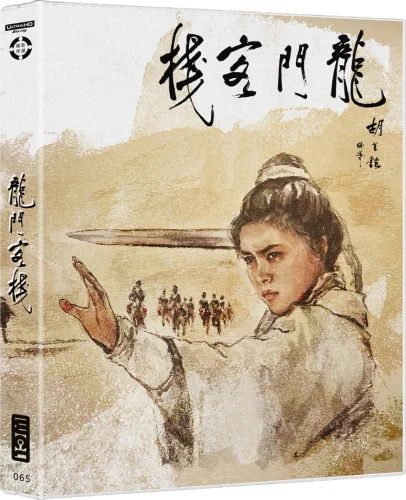


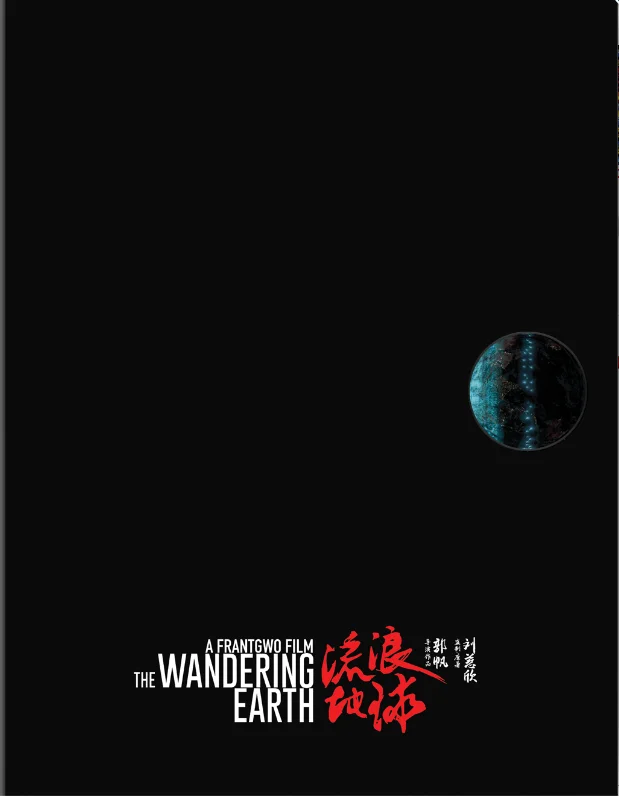
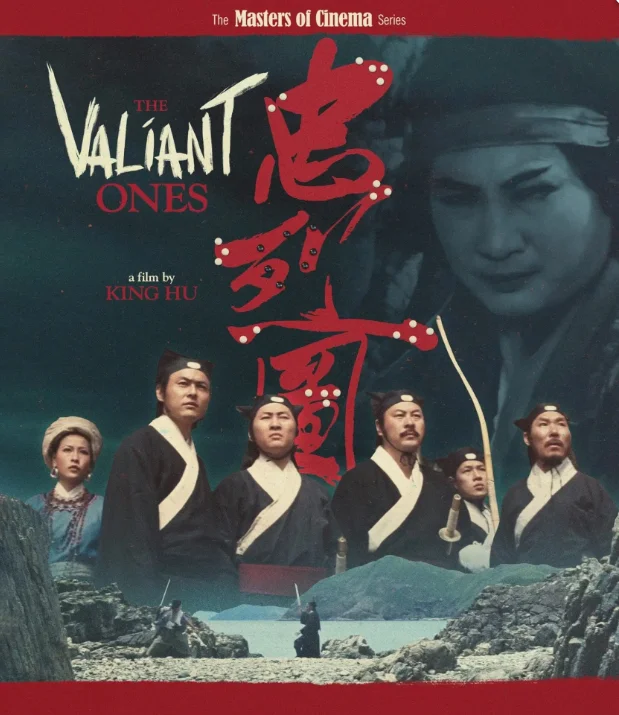
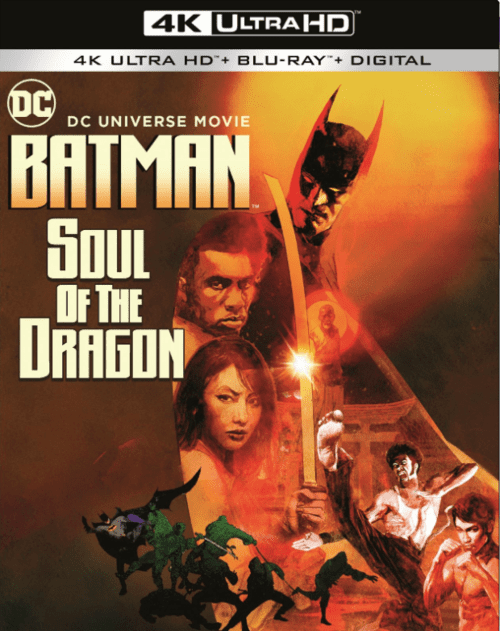 [/full-link]
[/full-link]
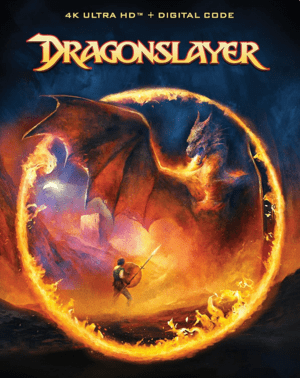 [/full-link]
[/full-link]
